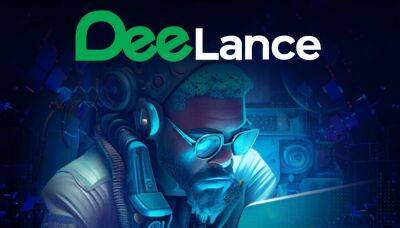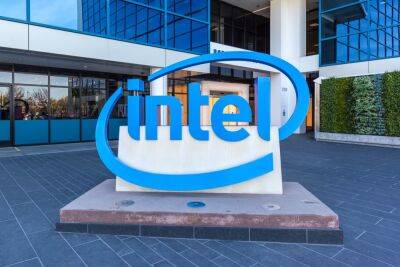A brief history of artificial intelligence
Multiple factors have driven the development of artificial intelligence (AI) over the years. The ability to swiftly and effectively collect and analyze enormous amounts of data has been made possible by computing technology advancements, which have been a significant contributing factor.
Another factor is the demand for automated systems that can complete activities that are too risky, challenging or time-consuming for humans. Also, there are now more opportunities for AI to solve real-world issues, thanks to the development of the internet and the accessibility of enormous amounts of digital data.
Moreover, societal and cultural issues have influenced AI. For instance, discussions concerning the ethics and the ramifications of AI have arisen in response to worries about job losses and automation.
Concerns have also been raised about the possibility of AI being employed for evil intent, such as malicious cyberattacks or disinformation campaigns. As a result, many researchers and decision-makers are attempting to ensure that AI is created and applied ethically and responsibly.
After +1000 tech workers urged pause in the training of the most powerful #AI systems, @UNESCO calls on countries to immediately implement its Recommendation on the Ethics of AI - the 1st global framework of this kind & adopted by 193 Member Stateshttps://t.co/BbA00ecihO pic.twitter.com/GowBq0jKbi
AI has come a long way since its inception in the mid-20th century. Here’s a brief history of artificial intelligence.
The origins of artificial intelligence may be dated to the middle of the 20th century, when computer scientists started to create algorithms and software that could carry out tasks that ordinarily need human intelligence, like problem-solving,
Read more on cointelegraph.com













